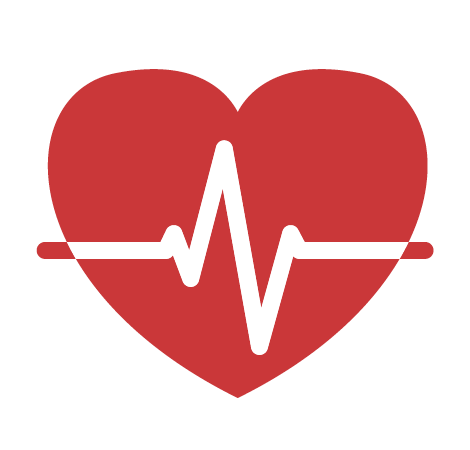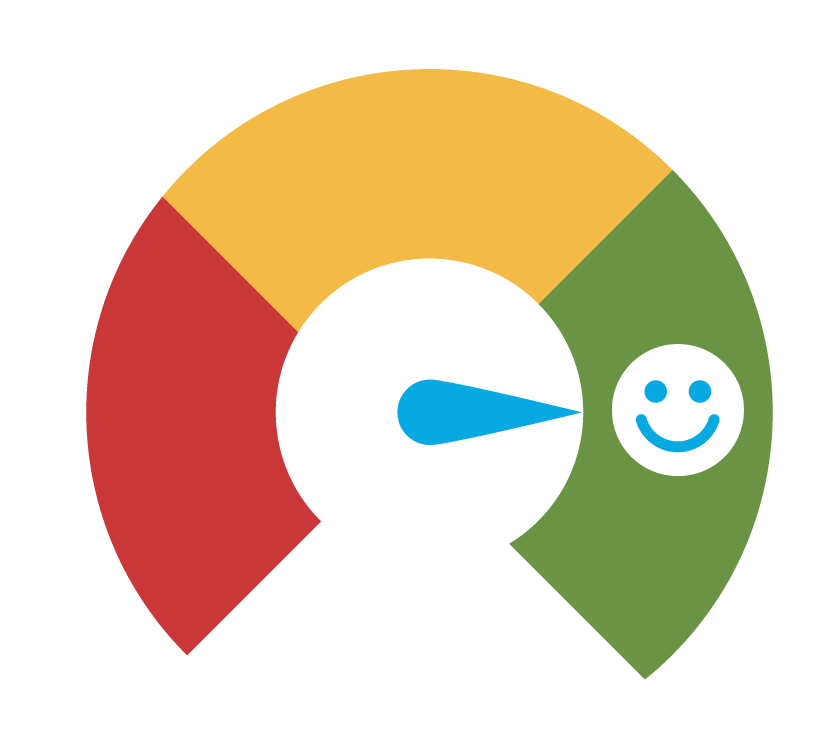
About Apple Schools
Since 2007
APPLE Schools has invested over $25 million in vulnerable student populations to prevent chronic diseases related to childhood overweight and obesity.
APPLE Schools (A Project Promoting healthy Living for Everyone in schools) is an innovative school-focused health promotion initiative. It improves the lives of more than 33,000 students annually in over 100 schools across Alberta, British Columbia, Manitoba, and Ontario by improving their healthy eating, physical activity, and mental health habits.
Since 2007, APPLE Schools has invested over $25 million in vulnerable student populations to prevent chronic diseases related to childhood overweight and obesity. It is estimated this investment will save over $215 million through avoided future health care costs, improved academic achievement, enhanced mental wellbeing, and better quality of life.
APPLE Schools transforms school communities through an approach called Comprehensive School Health (CSH). CSH empowers school communities to lead, choose and be healthy. Each APPLE School is provided a School Health Facilitator (SHF) trained in nutrition, physical activity, and community development. The SHF works with students, parents, school staff, and community members to develop a school action plan to meet the specific needs of their school.
Read more…
School action plans include activities led by students and are designed to make healthy living fun and engaging. Examples include taste tests to try new and healthy foods, wellness challenges that inspire new goals, movement and mental health breaks that energize classrooms, and special events that promote active living and wellness.
APPLE Schools equips students with the knowledge necessary to be confident, empathetic leaders and take ownership of their own health and social behaviours.
Research has shown that students in APPLE Schools have better nutrition habits, are more physically active, and are more likely to be a healthy weight than other students in comparison schools. They are better learners and score higher on academic tests. These results extend to activity outside of class, and students from all socio-economic backgrounds benefit from APPLE Schools, including many vulnerable communities with high First Nations, Métis, and Inuit populations.
APPLE Schools focuses on data to ensure accountability and drive results. Each school’s action plan is continuously improved based on metrics from the previous year. Data from student pedometers, parent surveys, focus groups and interviews all help assess the success of each school’s plan.
APPLE Schools is shifting the paradigm from treatment of chronic illness and disease to prevention and sustainability. APPLE Schools is a student- centred, cost-effective, evidence-based project that is unique in Canada, giving students positive experiences that translate into a lifetime of healthy living. APPLE Schools has been recognized by the Public Health Agency of Canada on the Canadian Best Practices Portal and by the National Cancer Institute on Evidence-Based Cancer Control Programs (EBCCP) website, formerly known as the Research-tested Intervention Programs (RTIPs).
Students in APPLE Schools take ownership
of their own health and demonstrate:

Increased Physical Activity
- 35% increase in physical activity
- 2-3 times more steps taken per day
- Increases in physical activity during school hours, afterschool hours, and on weekends

Improved Dietary Habits
- Students eat 10% more fruits and vegetables and consume 237 fewer calories per day. (2)

Better Mental Health
- Students have fewer mental health visits to the doctor during adolescence than students who did not attend an APPLE school during childhood. (7)

Decreased Obesity
- Students are nearly 40% less likely to be obese than in comparison schools. (2)

Improvements in Health for All Students
- Increases in physical activity are seen across all students, regardless of whether they were active or not beforehand
- Children with the lowest starting levels of activity benefit the most.
- The project helps both average and overweight students, and students of diverse socioeconomic backgrounds.

Improvements in Learning Outcomes
- Students show improved quality of life, leadership abilities, productivity and learning outcomes. (1)

Return on Investment
- For every $1 spent on the program, $3.20 in future health care costs are avoided.
- Every $1 spent on the program will save $8.60 in future costs when considering costs associated with productivity loss and premature death.

Paradigm Shift
- APPLE Schools represents a paradigm shift—changing the current approach to health in Alberta from a focus on acute care, after-the-fact health interventions, into a truly effective and preventive approach.
- Students in APPLE Schools take the message of active living and healthy eating into their own leisure time outside of school hours.
- APPLE Schools represents a commitment to health promotion and disease prevention that targets children at a critical stage of development when life-long habits are being formed (ages 5-7).
References
1. Ferland, A., Chu, Y.L., Gleddie, D., Storey, K., Veugelers, P. (2014). Leadership skills are associated with health behaviours among Canadian Children. Health Promotion International, 30 (1), 106-113. https://doi.org/10.1093/heapro/dau095.
2. Fung, C., Kuhle, S., Lu, C., Purcell, M., Schwartz, M., Storey, K. & Veugelers, P.J.(2012). From “best practice” to “next practice”: the effectiveness of school-based health promotion in improving healthy eating and physical activity and preventing childhood obesity. International Journal of Behavioral Nutrition and Physical Activity, 9 (27). https://doi.org/10.1186/1479-5868-9-27
3. Nadirova, A. & Burger, J. (2014). Analysis of Provincial Achievement Test (PAT) Results for the Schools Participating in the Alberta Project Promoting Active Living and Healthy Eating (APPLE).
4. Vander Ploeg, K., Maximova, K., McGavock, J., & Veugelers, P. J. (2014). Do school-based physical activity interventions increase or reduce inequalities in health? Social Science and Medicine, 112, 80-87. https://www.sciencedirect.com/science/article/pii/S0277953614002639?via%3Dihub.
5. Vander Ploeg, K., Wu, B., McGavock, J., & Veugelers, P.J. (2012). Physical Activity among Canadian Children on School Days and Non-School Days. Journal of Physical Activity & Health, 9 (8), 1138-1145. https://doi.org/10.1123/jpah.9.8.1138
6. Vander Ploeg, K., McGavock, J., Maximova, K., & Veugelers, P.J. (2014). School-based health promotion and physical activity during and after school hours. Pediatrics 133 (2), e371-e378. https://doi.org/10.1542/peds.2013-2383
7. Loewen OK, Maximova K, Ekwaru JP, Faught EL, Asbridge M, Ohinmaa A, Veugelers PJ. Lifestyle Behavior and Mental Health in Early Adolescence. Pediatrics. 2019 May;143(5):e20183307. https://doi.org/10.1542/peds.2018-3307
